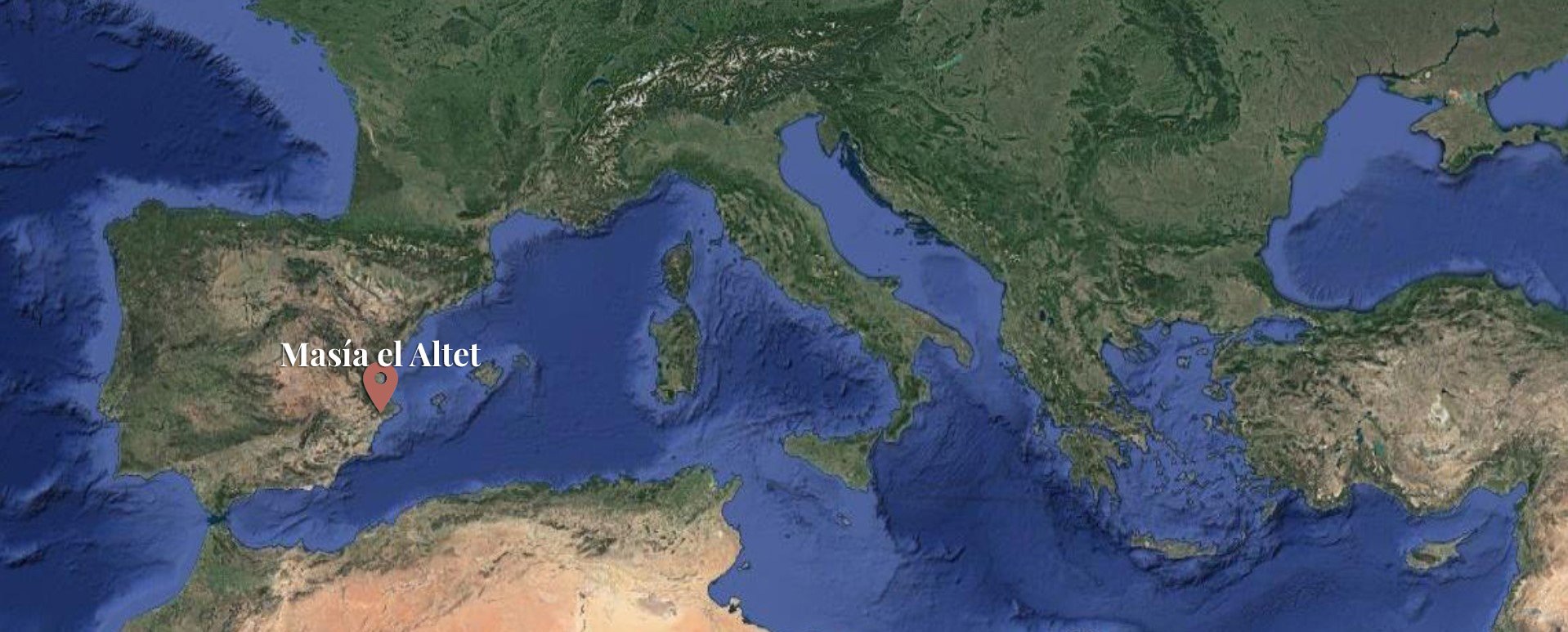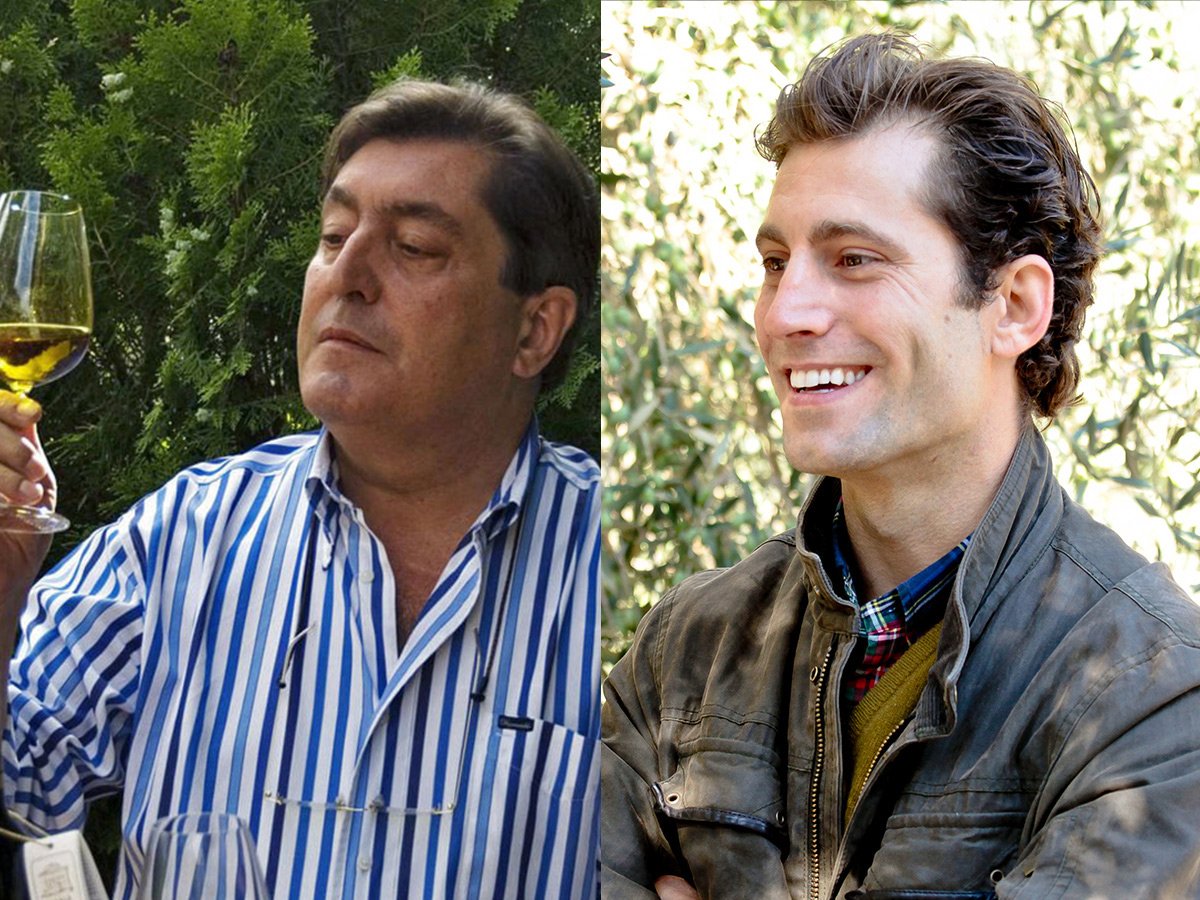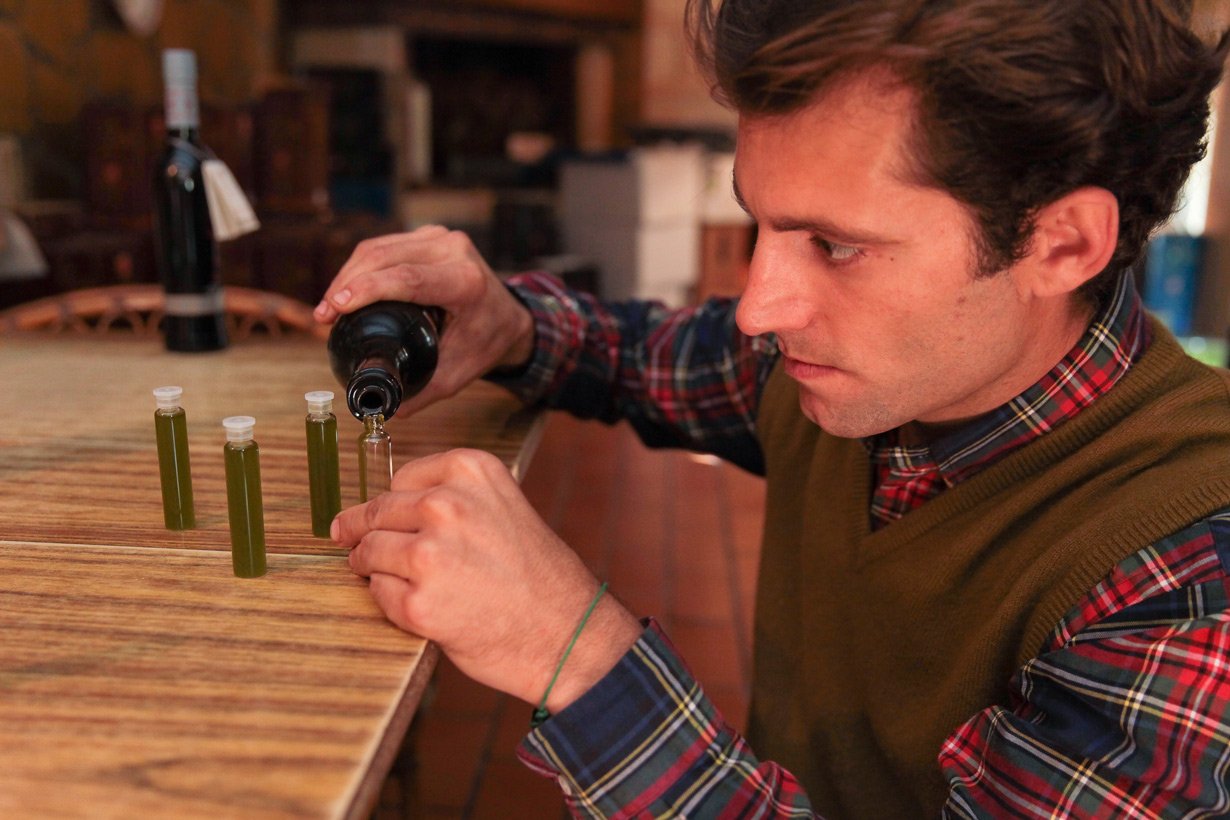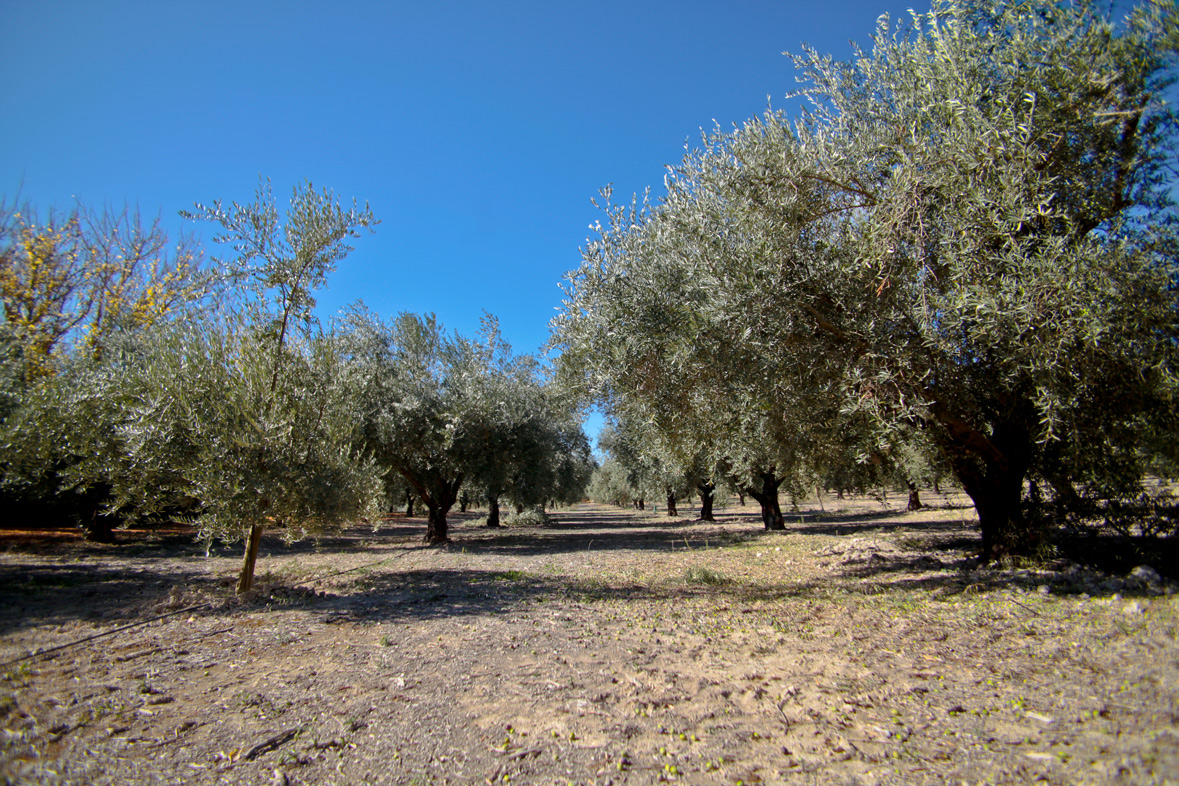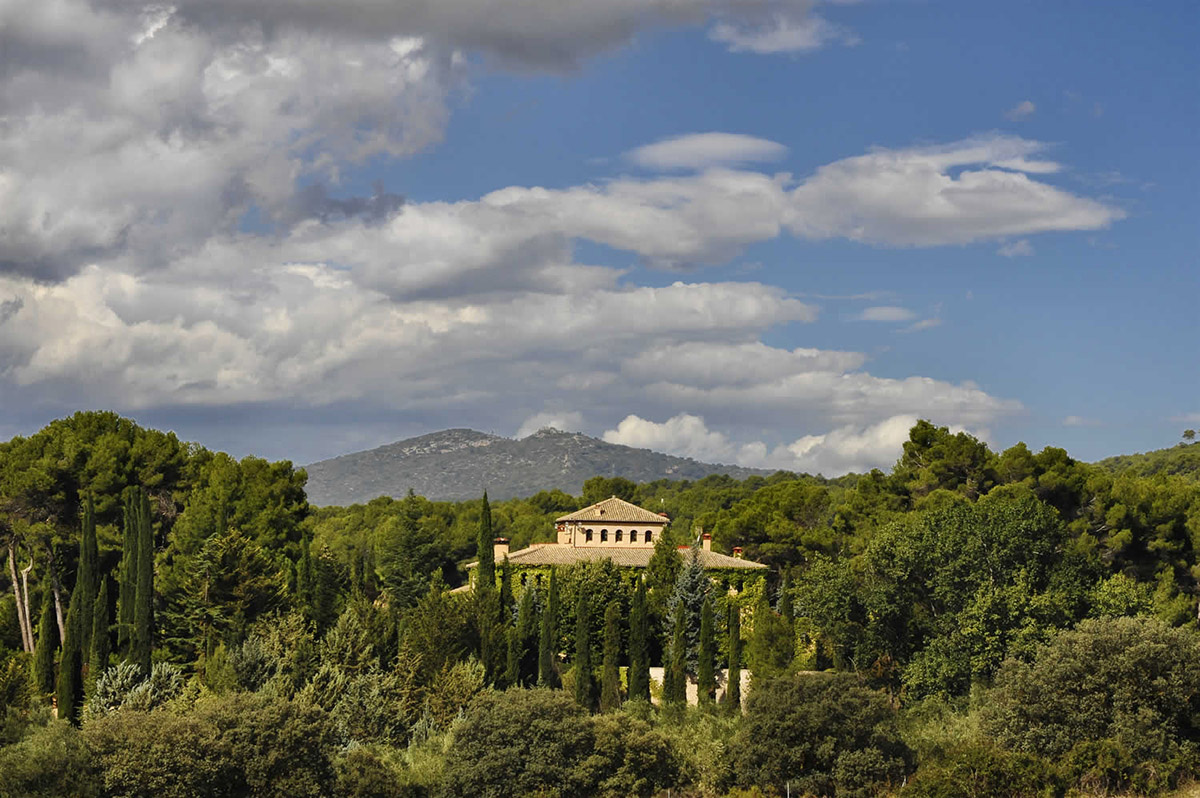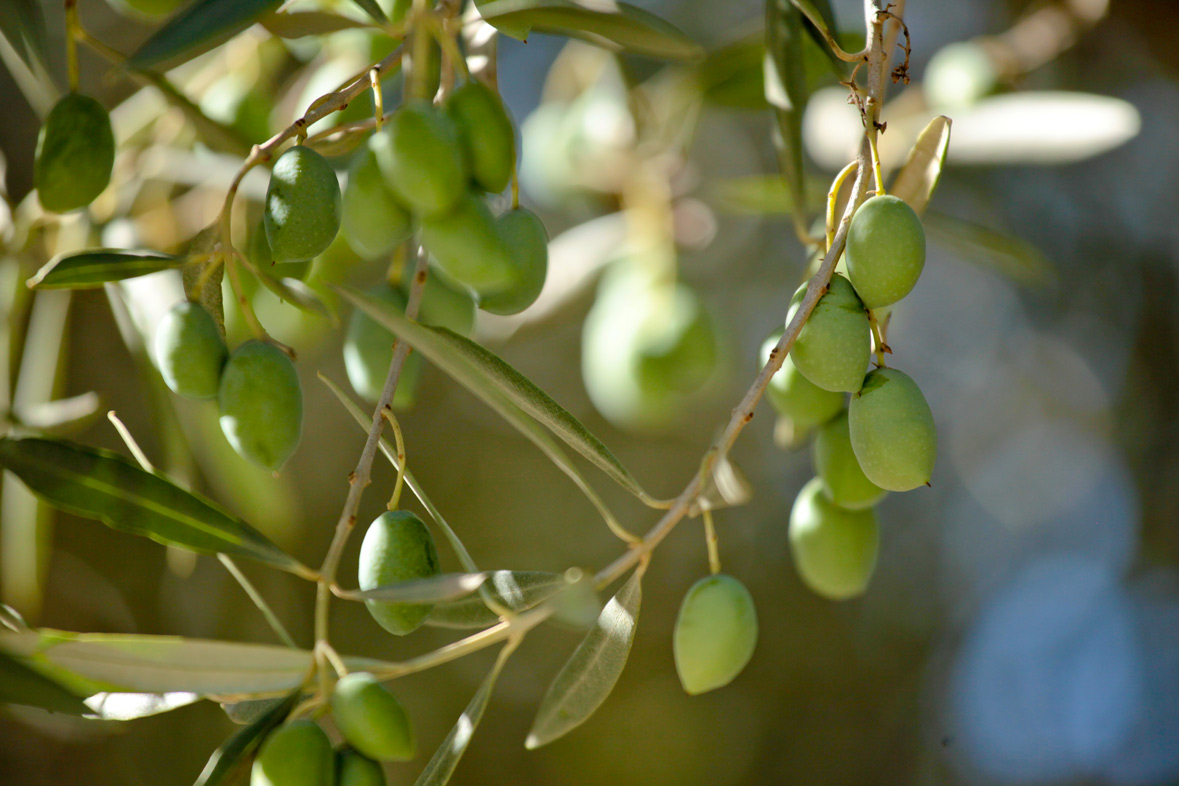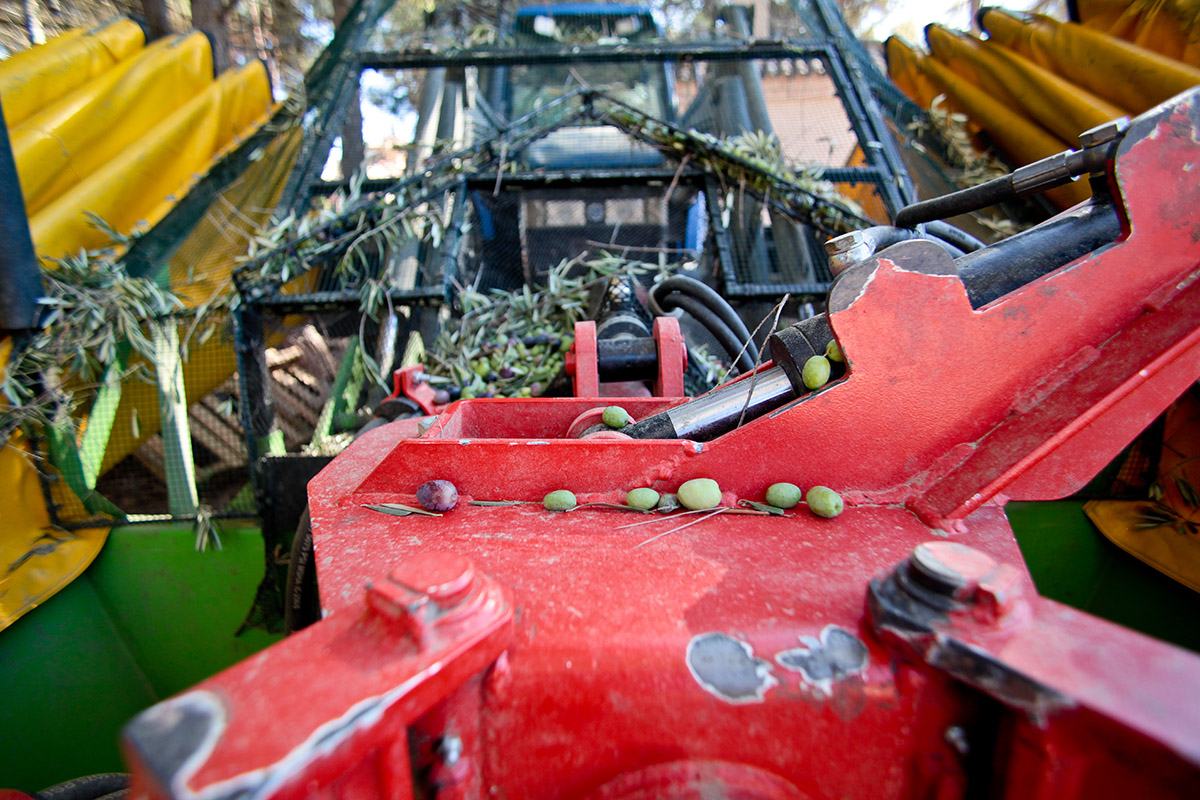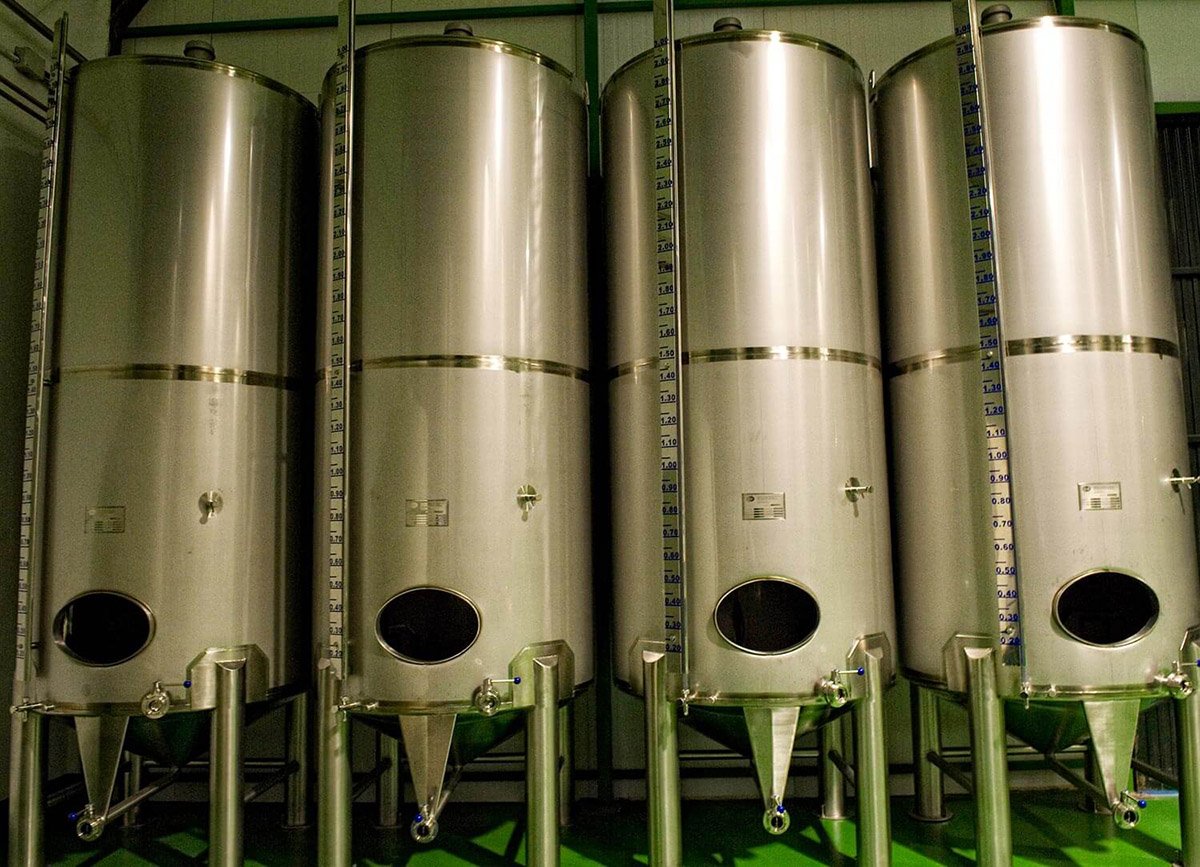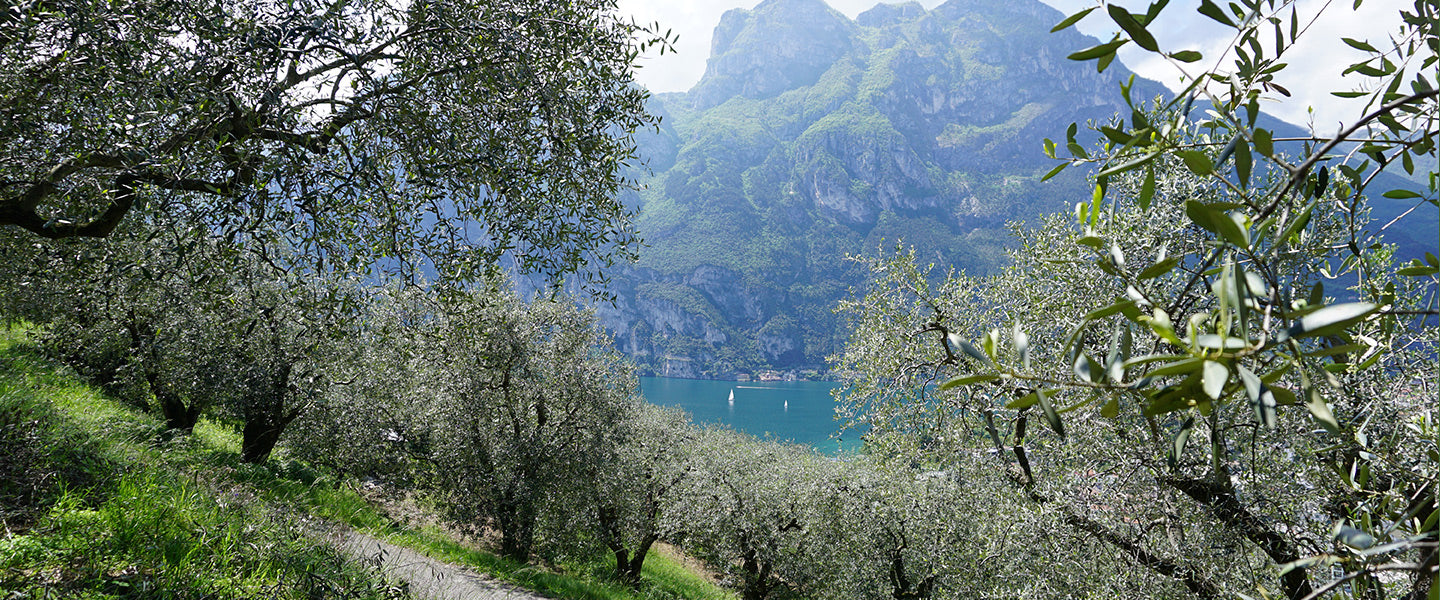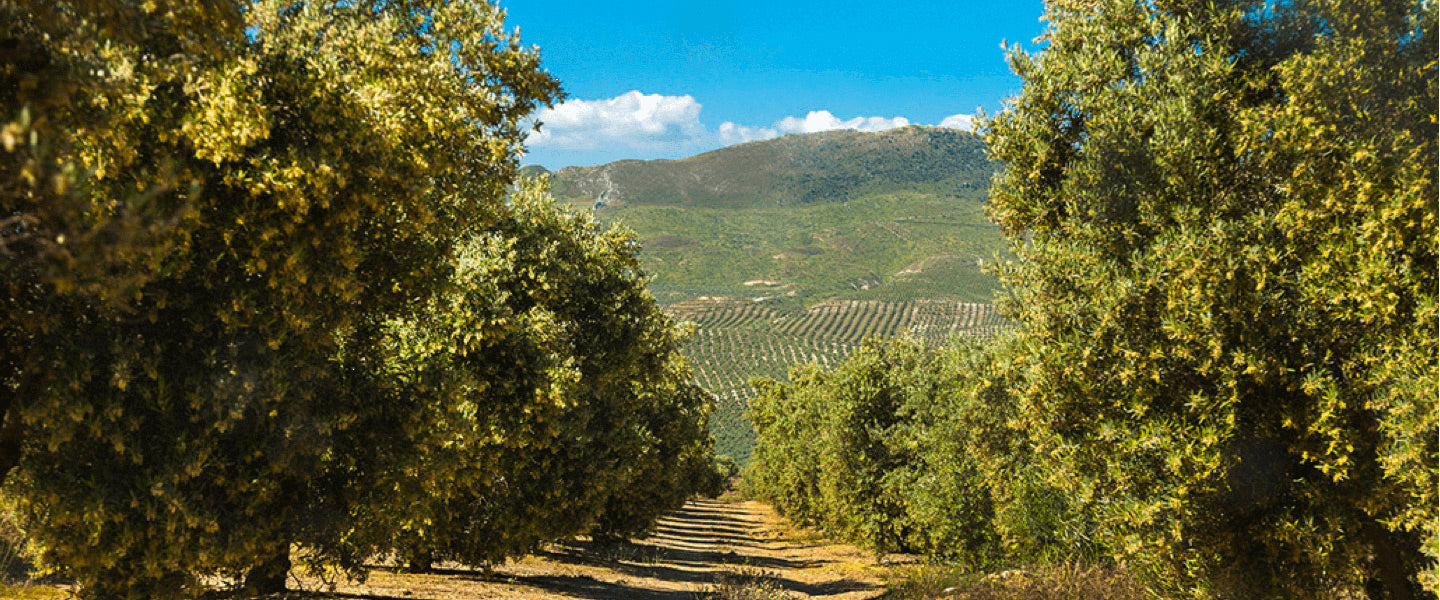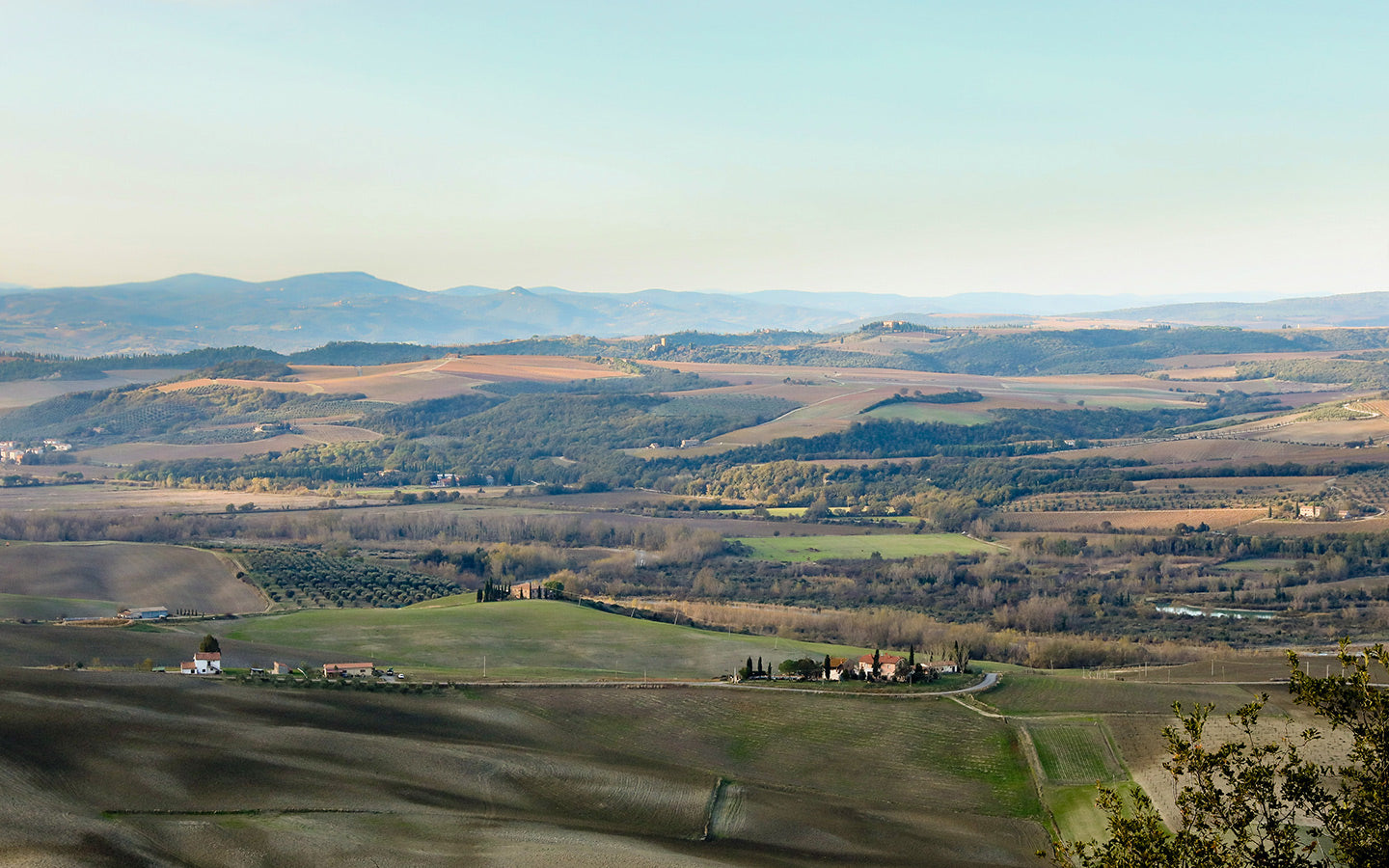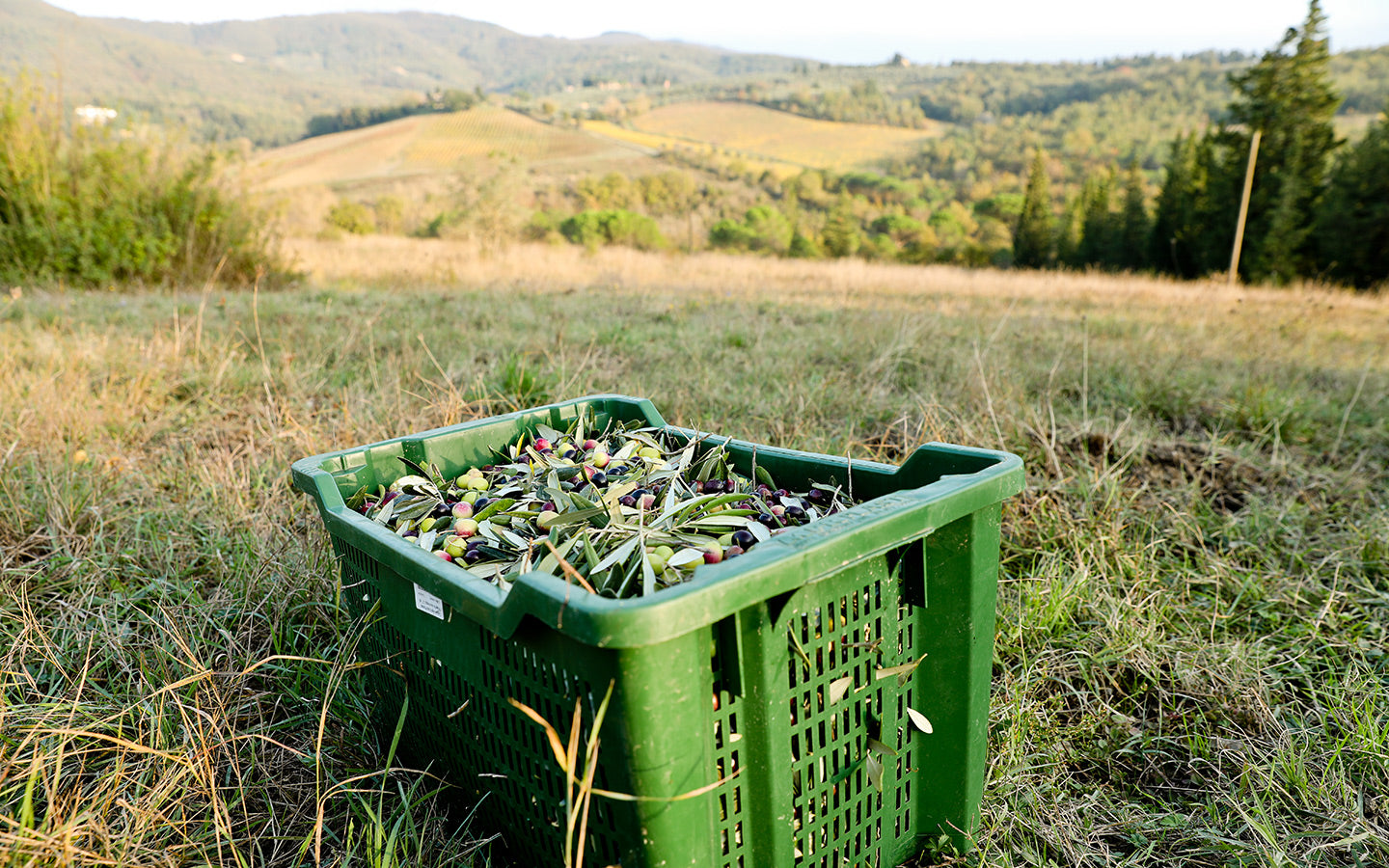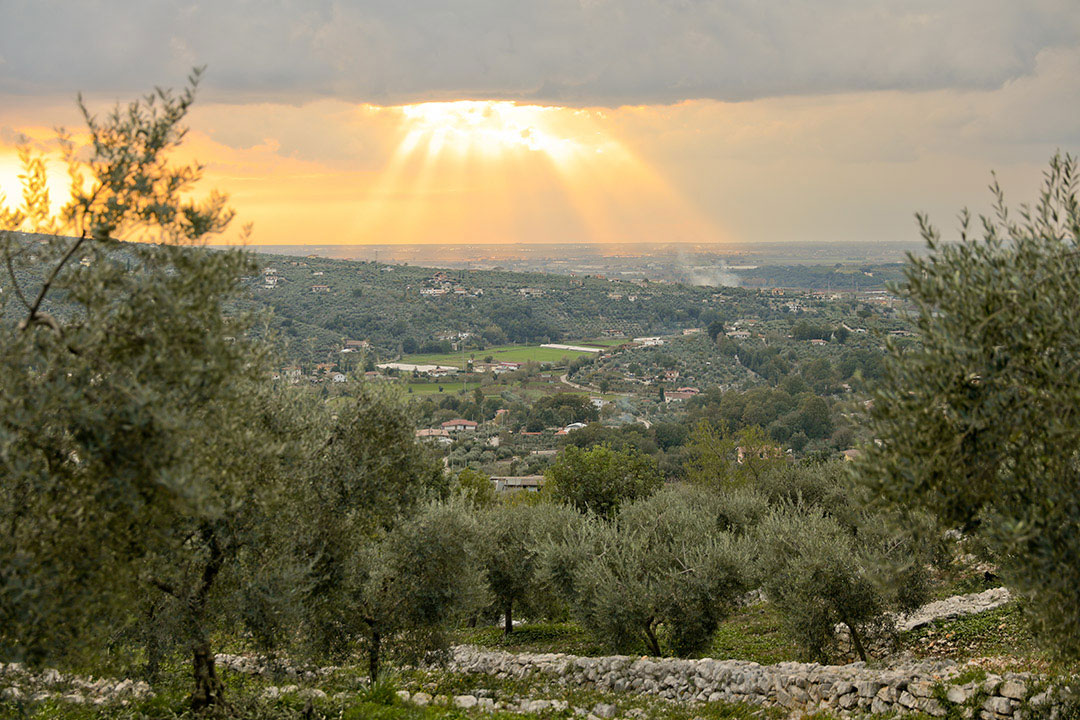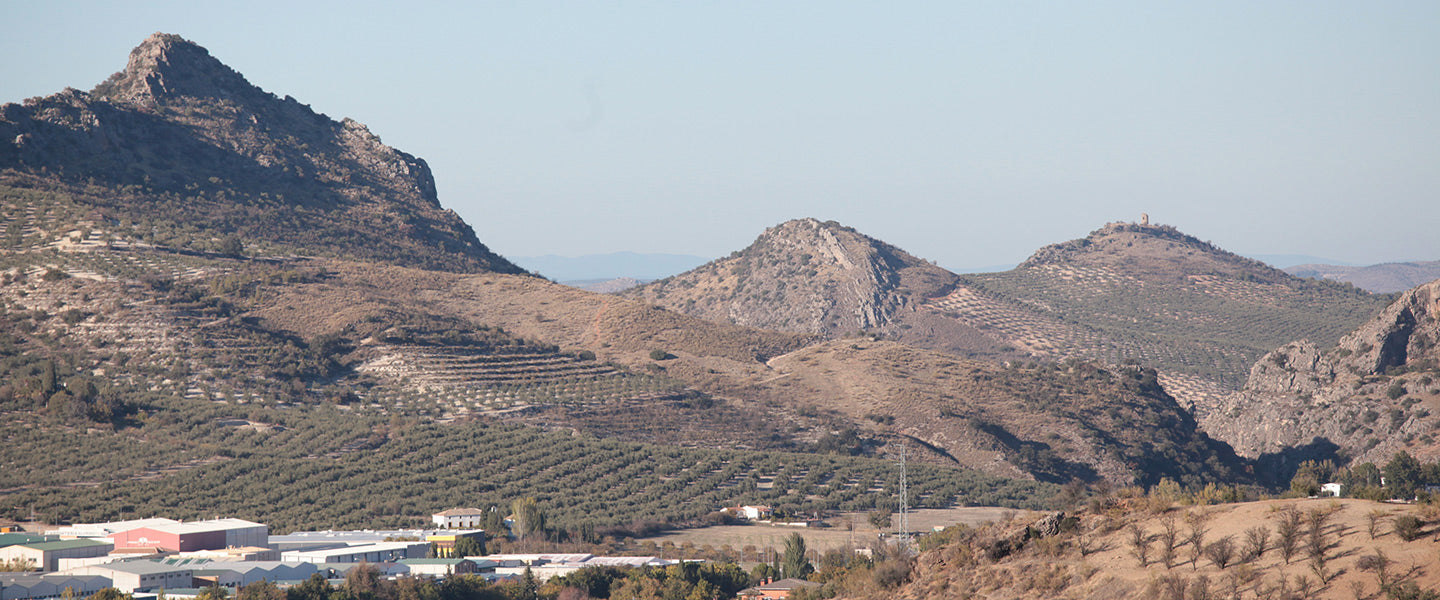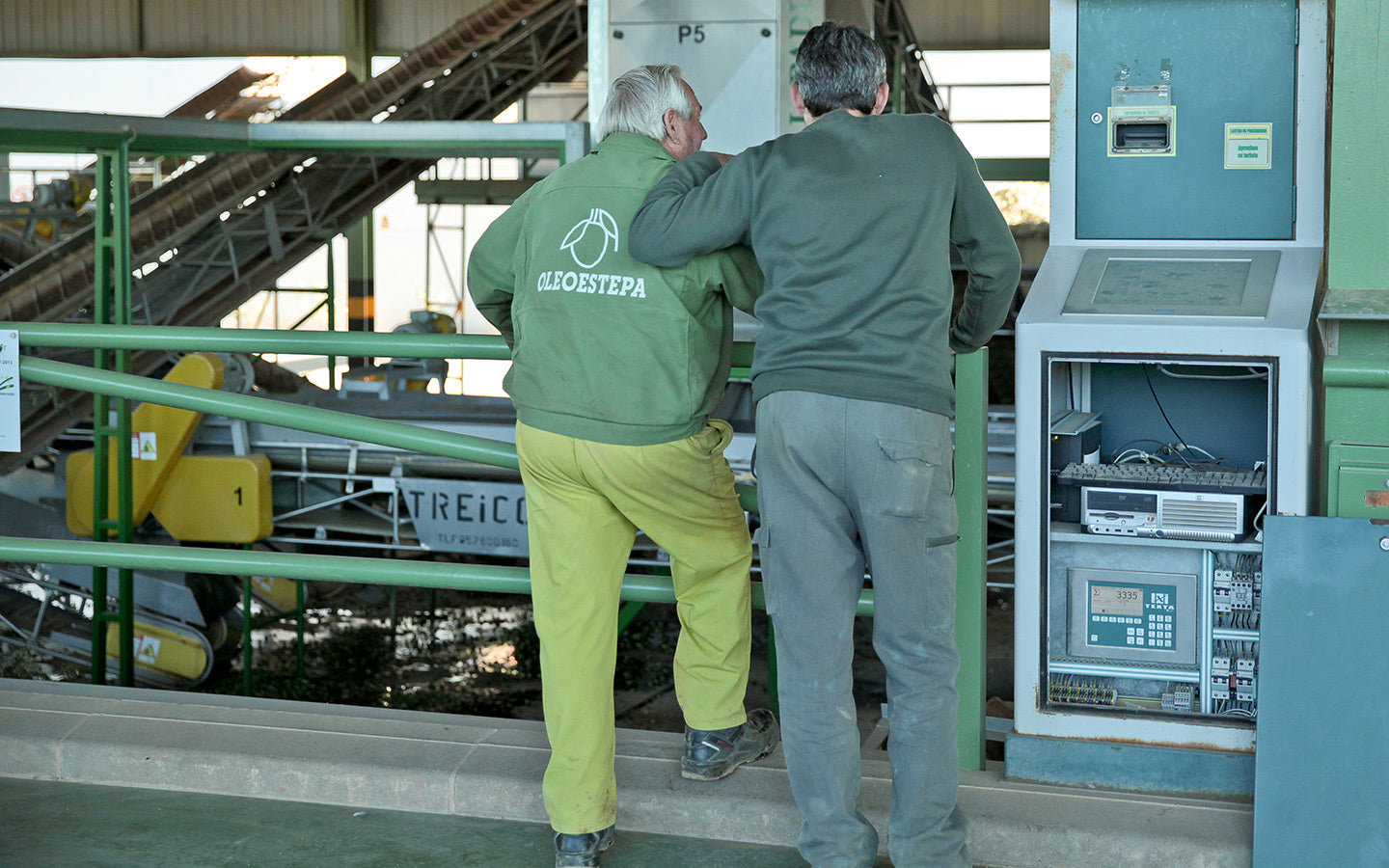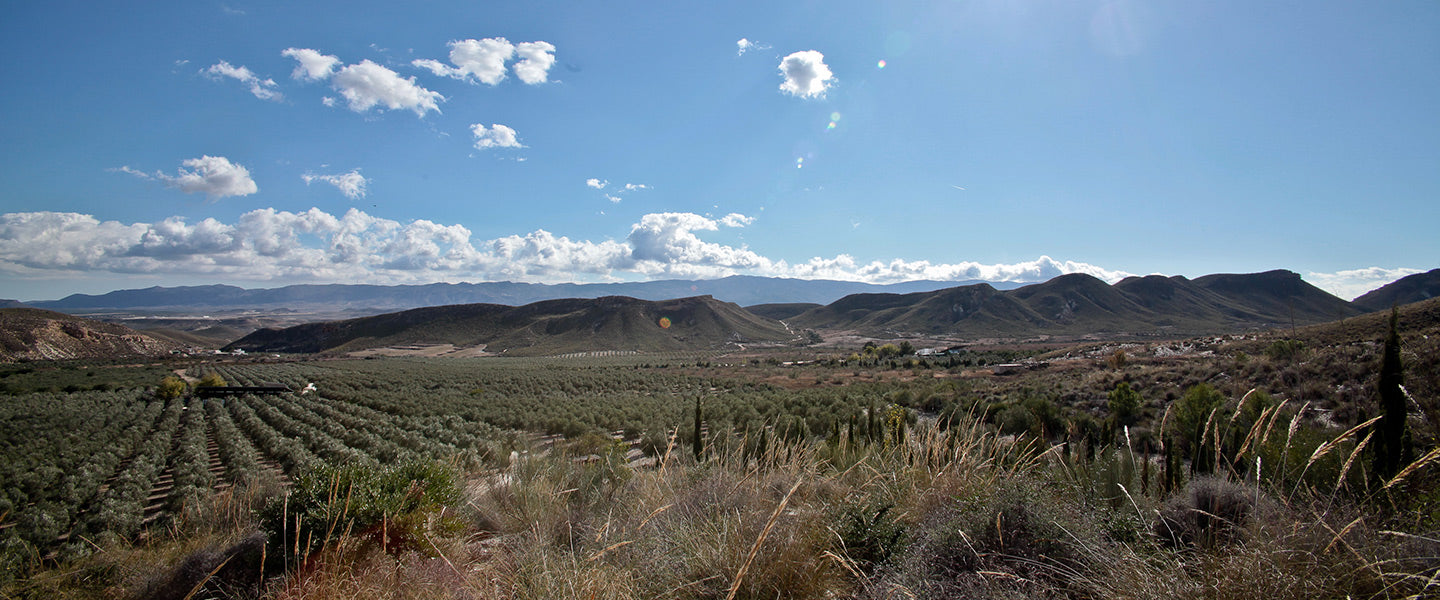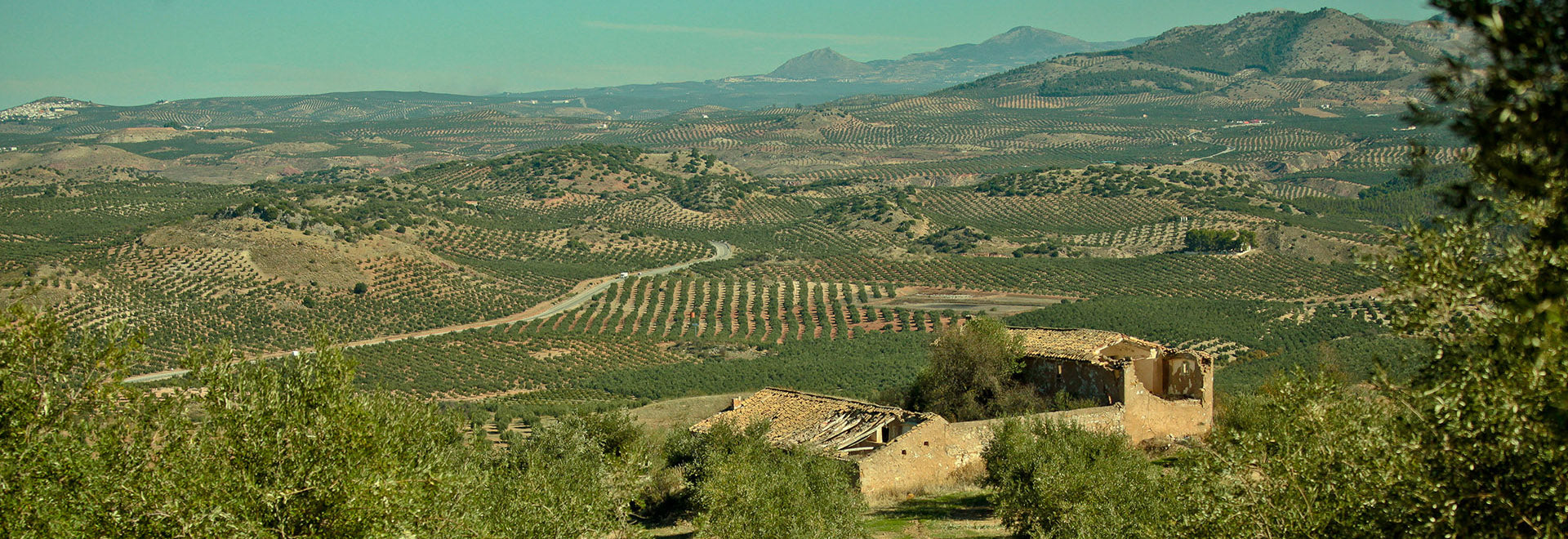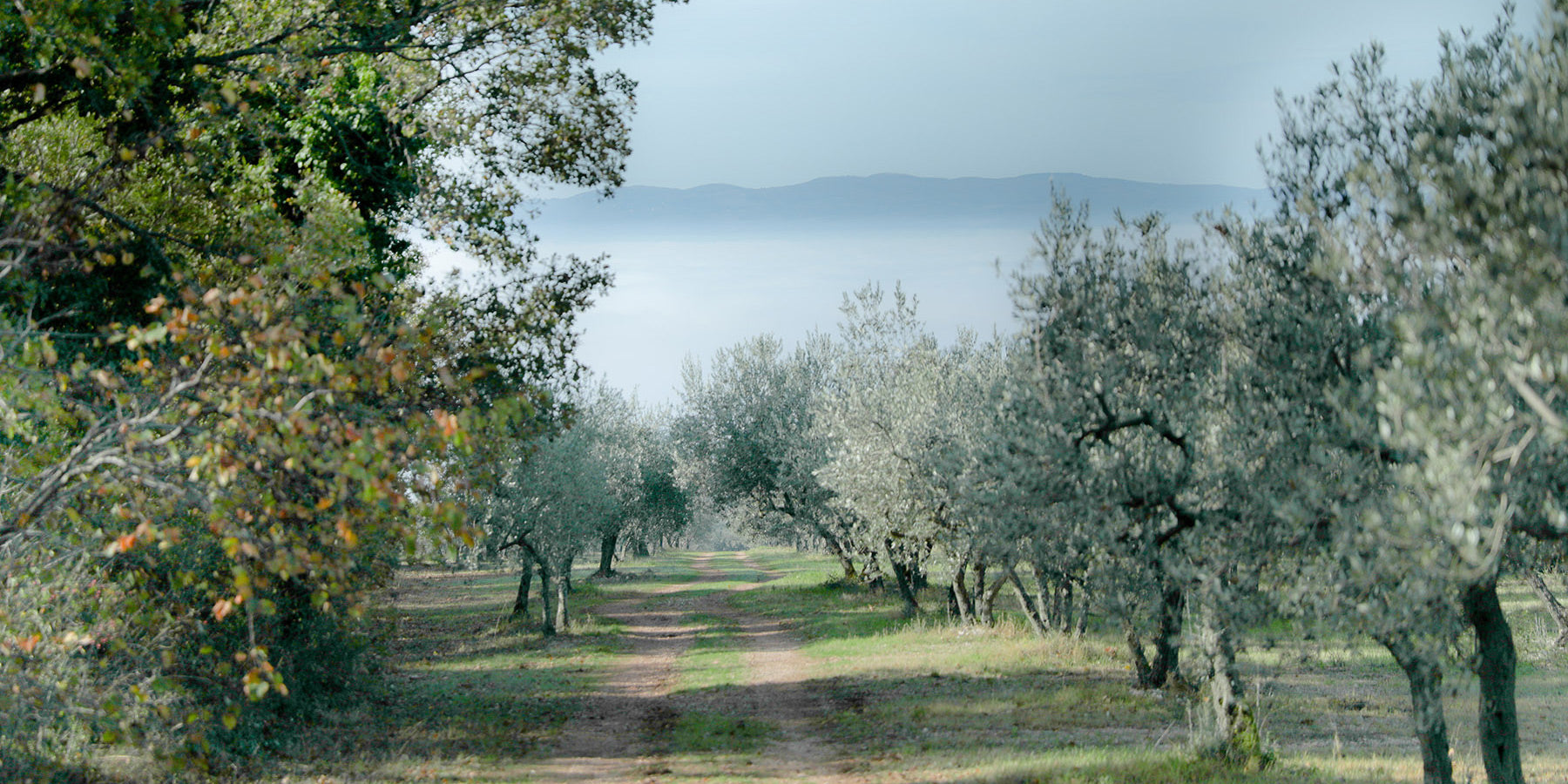Masía el Altet
Posted by Olive Oil Lovers on
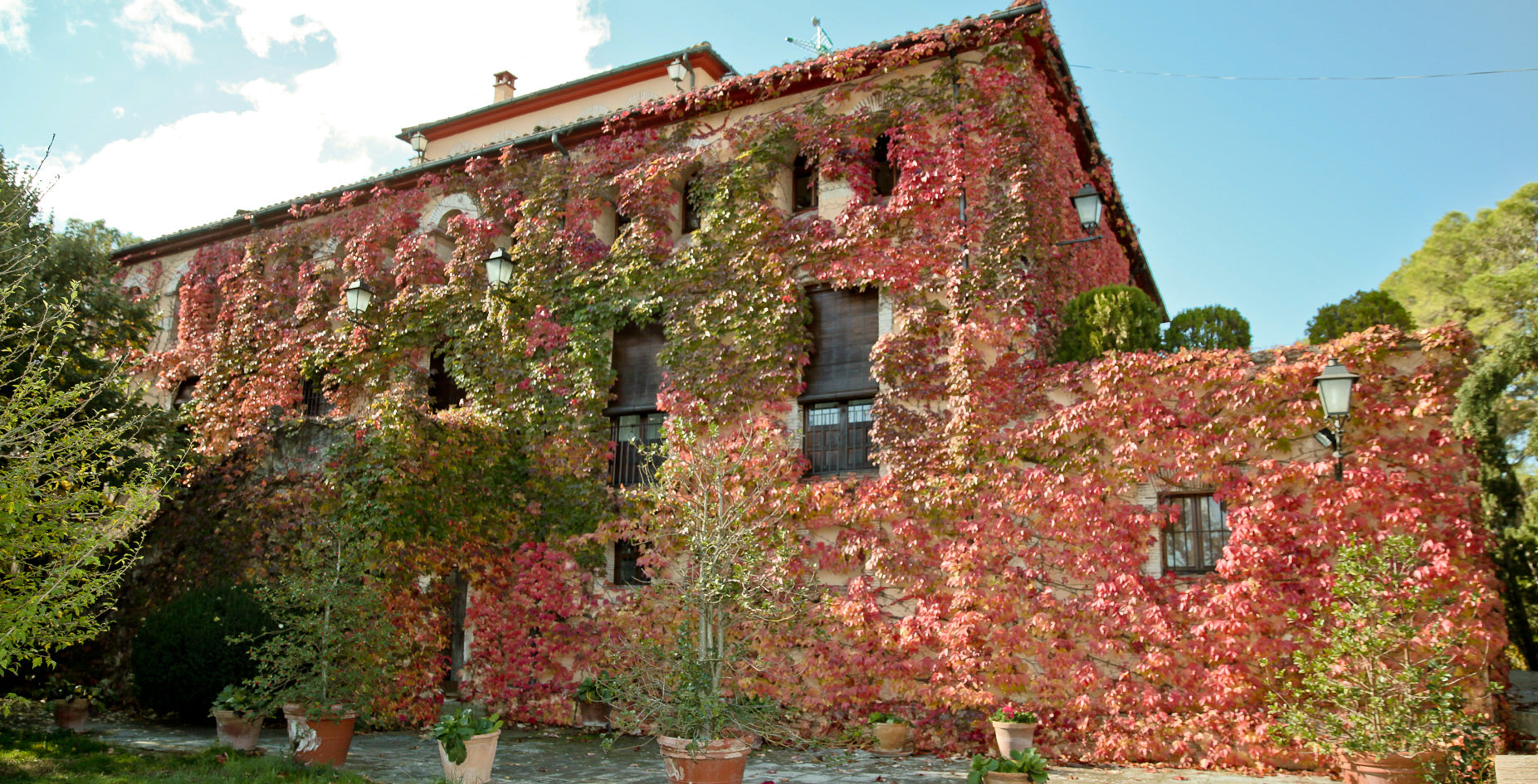
Jorge Petit trusts his trees to produce the best olive oil in the world. Ever obliging, they seduce the juries of the most prestigious international competitions year after year.
The Southeastern Mediterranean coast of Spain is known for it sun and beaches, but just 30 miles inland the Mountains of Alicante rise up into the sky. Nestled in a ravine sits the town of Alcoy, and nearby the farms of Masía el Altet span across sections of two very different nature reserves. At this high country estate, the Petit family have produced crops and cared for the ancient olive trees that live in the area’s hills and imposing valleys for generations. With its countless species of flora and fauna, and a microclimate that produces wide temperature variations, the land created varieties of olives found nowhere else in the world. The trees shared their wisdom with a young boy from Alcoy, whom years later would return to share what he had learned with the trees. Together Jorge Petit and these ancient olives would come to produce what has undoubtedly become some of the best olive oil in the world today.
Located in the narrow Polop Valley, the Masía el Altet estate dates to the 1600s. The Valencian government has since declared the main building on the estate a cultural patrimony, providing this marvelous structure special architectural protection. Yet the history here dates back tens of thousands of years, with several important archaeological sites in the surrounding mountains. Of course with Spain’s unique geographical position, every part of the country also has a story from the Moorish era. Every year during the month of April, the town of Alcoy celebrates the Festival of Moors and Christians, an event that started in the 1500s. Dedicated to San Jorge (Saint George), a figure celebrated by different civilizations and religions across the Mediterranean, the festival incorporates a reenactment of the Battle of Alcoy that took place on April 23, 1276. With Alcoy then a border city between Muslim and Christian lands, the area witnessed many skirmishes, culminating with an attack on the town by the Arab troops of Al-Azraq. A hard fought battle ensued, with neither side gaining an edge until, as the story goes, the figure of San Jorge suddenly showed up on the battlefield to rally the Christian army to victory. The Muslims soon retreated and never ventured back to Alcoy. However, Saint George remains venerated by many Muslims, so one could consider his persona a bridge between cultures. Known today as the “City of Bridges,” because of the many bridges that connect the opposing hillsides of the ravine, perhaps it is not a coincidence that Alcoy made San Jorge the patron saint of their town.

Many centuries after this famous battle, another Jorge stepped forward to change the course of the region’s history. Jorge Petit’s return to the farm where he grew up coincided with the family’s decision to focus on olive production. Known for its ability to overcome damage, and (like Saint George) seemingly death, an olive tree can live hundreds or even thousands of years. Jorge Petit attributes this resilience to the intelligence of the olive tree. The olive trees in the Mountains of Alicante have adapted perfectly to the dramatic temperature fluctuations of the area where they must face the snow and low temperatures of the winter months, and then the sweltering southern Spanish heat of July and August. While the temperature variance puts great stress on the olives, any producer of quality oil will tell you that olive trees produce better fruit when under stress. Understanding this, the Petit family decided to convert the areas they had long dedicated to growing almonds, sunflower, and wheat into a single production: olive trees.
Officially established as a company in 1995, the initial success of Masía el Altet came by chance. After their first large harvest, they sold all of their oil in bulk to Italy. When the individual who arranged the deal tasted the product, the quality of the oil shocked him, and he insisted the Masía el Altet olive oil belonged on the gourmet market. At this time most producers harvested black, overripe olives to obtain great quantities of oil, but producing high quality oil was always the goal at Masía el Altet. To have started their business by harvesting green pre-veraison olives, the Petits faced a great challenge. Other producers in Spain and in the Valencian community called them crazy, but they knew that green olives produced oil with the most polyphenols, and that these properties made extra virgin olive oil incredibly healthy. This decision paid off when the late French Chef Joël Robuchon, awarded more Michelin stars than any other chef in history, selected Masía el Altet for all of his restaurants. Soon their success reached a new level. Not only did they find it much easier to enter new international markets, but Masía el Altet extra virgin olive oils would go on to win more than 600 awards across 6 continents.

The land where Masía el Altet grows their olives deserves much of the accolades for the quality of the oil. Their unique olive varieties also produce flavors that help elevate both the blends and brand itself. However, without the passion and dedication of Jorge Petit, the oils the olives produce would not be the same. As he says, “it is still a cultivated species that requires human intervention in order to bring out the best in itself, and in a great show of generosity, to deliver its finest fruit.” Jorge and his family live on the farm and each day they visit the trees to observe their evolution and return the love and generosity the trees have given them. Jorge Petit claims that he doesn’t know how anyone else operates, or “the way of doing regular things.” His work is simply an every day quest for excellence.
"Our products are a consequence of passion, love, the land, how the land is worked, and water. Without these elements, it would be difficult to produce one of the best extra virgin olive oils."
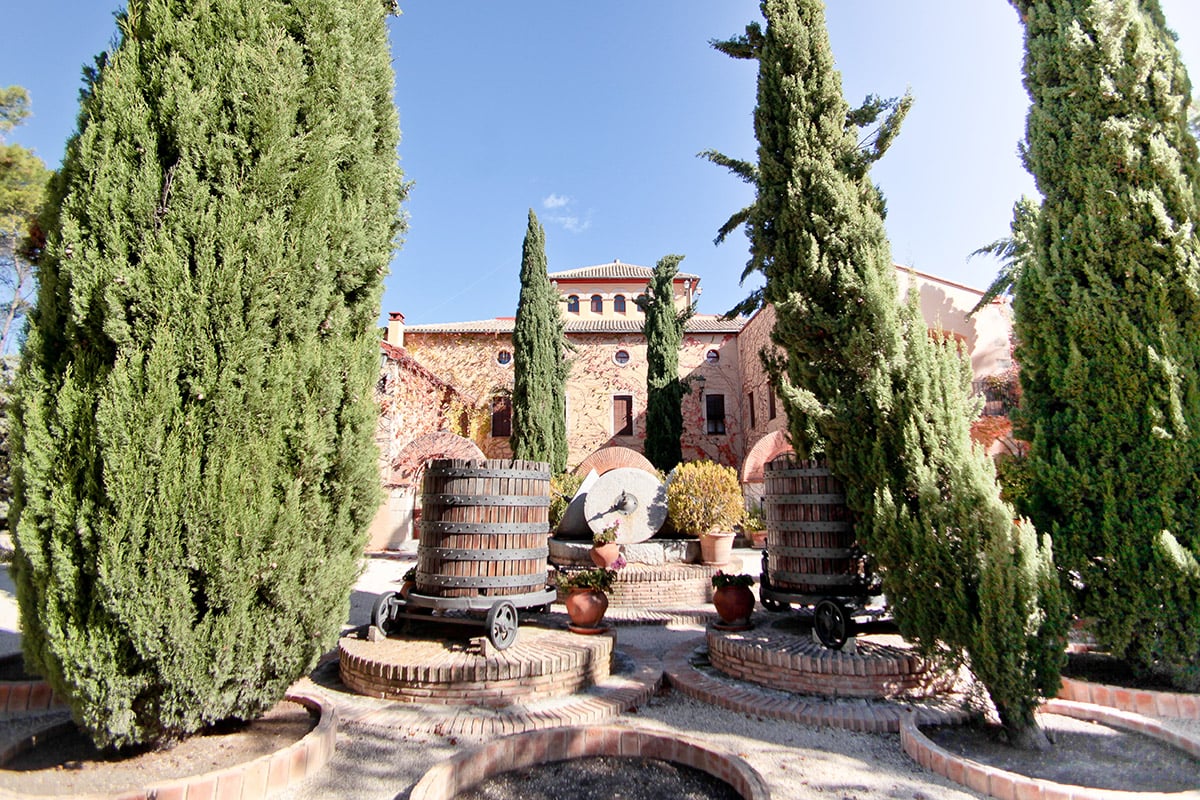
The Estate
As the estate house of Masía el Altet is where the Petit family lives, they do not operate any formal agrotourism business. However, visitors who wish to view the farms and estate may send an email to info@masiaelaltet.com to see if a tour of the property may be arranged.
Due to the unreliable use of the term "extra virgin olive oil" in the United States, Jorge Petit discourages shopping for olive oil at the supermarket, saying, "if you try those you will never become an olive oil lover." He truly believes that, for any American who has never tried premium olive oil before, tasting Masía el Altet products would be an unforgettable experience. Furthermore, those moments when he can witness someone trying and enjoying Masía el Altet olive oils remain among his most fulfilling experiences.
They continue to develop new products and promise to soon be sharing a new Masía el Altet "family member" that delivers the same quality as their other extra virgin olive oils.
"Taking a sip of this extra virgin olive oil is like taking medicine, but one which is full of flavor. If you get a pure EVOO where you know the origin from where it comes and the passion given to the trees, you will become an extra virgin lover."
